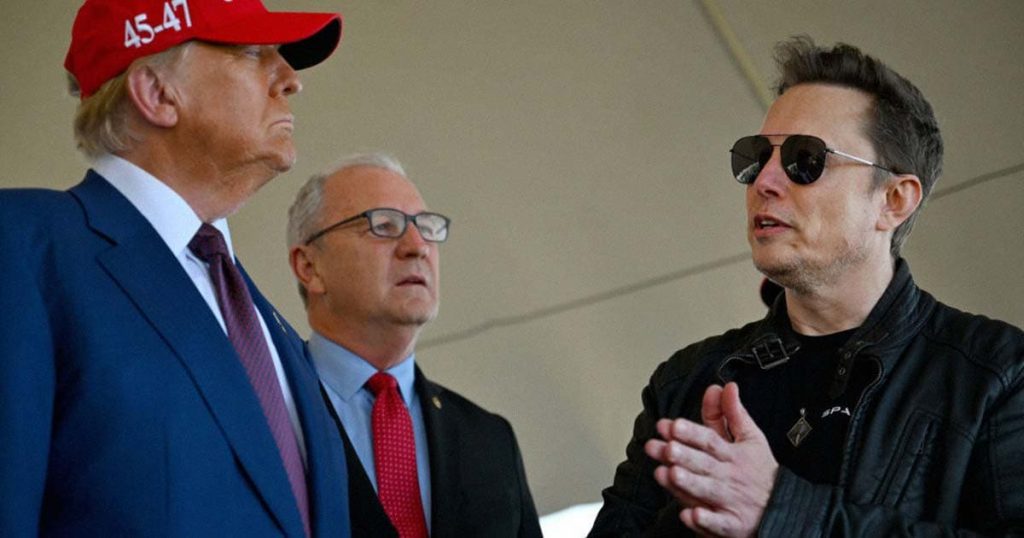
Expert Warns That Elon Musk May Gut NASA (Image Credit: futurism-com)
Now that president-elect Donald Trump has solidified his bromance with SpaceX CEO Elon Musk, the role of NASA could start to look dramatically different.
Trump has put Musk in charge of a so-called “Department of Government Efficiency,” where the mercurial CEO has promised to excise $2 trillion from the national budget — meaning that he’ll be evaluating contracts for his own company, SpaceX.
That conflict of interest could come at great cost to NASA, as Progressive Policy Institute director of national security Peter Juul argued in an opinion piece for SpaceNews, with the danger of turning the space agency into a funnel that moves taxpayer dollars into Musk’s pocket.
“If President-elect Donald Trump and techno-oligarch Elon Musk get their way, NASA — one of America’s crown jewels — may become a glorified contracting agency,” he wrote.
Juul didn’t mince words, dismissing SpaceX’s progress on its Mars-bound Starship rocket, which NASA is still hoping to tap for its upcoming return to the lunar surface.
For one, SpaceX may need to launch 16 Starship fuel tankers to get a single spacecraft to the surface of the Moon. While Musk has since argued that it would only require eight, that’s still a considerable cadence for a rocket that has yet to reach orbit.
“To put it bluntly, the company has not demonstrated the technical competence required to execute even less demanding missions,” Juul wrote.
And of course, that isn’t even getting into Musk’s growing character issues that could make him an even bigger liability as a key part of the space program: his close relationship with Russian president Vladimir Putin, his increasing embrace of racist and transphobic worldviews, or his formidable catalog of sex allegations.
However, Juul argued that “Congress has the ability to prevent the incoming administration from dismantling NASA and effectively turning its activities over to one private company.”
We’ve already seen Congress step in when it comes to NASA’s direction, from slashing its budget to forcing a major overhaul of the space agency’s Mars sample return mission.
Now, Juul suggested, Congress should double down on the development of NASA’s non-renewable Space Launch System, a “unique capability that no other nation or private company can match.”
The SLS has become a major political football, having gone billions of dollars over budget and many years behind schedule.
Juul also called for Congress to enforce NASA’s “dual-source commercial contracting policy,” which requires two companies to compete, instead of letting SpaceX run away with the contract.
On the other hand, of course, that strategy also led to Boeing’s Starliner disaster, which has cost the space agency twice as much as SpaceX’s far more reliable Crew Dragon spacecraft.
Nonetheless, Juul’s argument that Congress should protect NASA as an “American crown jewel that deserves to be shielded from the depredations of would-be oligarchs” still stands.
Especially now that the role of scientific research is actively under threat by an incoming administration that has historically turned a blind eye to empirical evidence — case in point, Trump’s own climate denialism — it’s more important than ever to stop the space agency from being gutted.
More on NASA: NASA Complains That Its Spacesuits Are a Decrepit Mess
Share This Article





